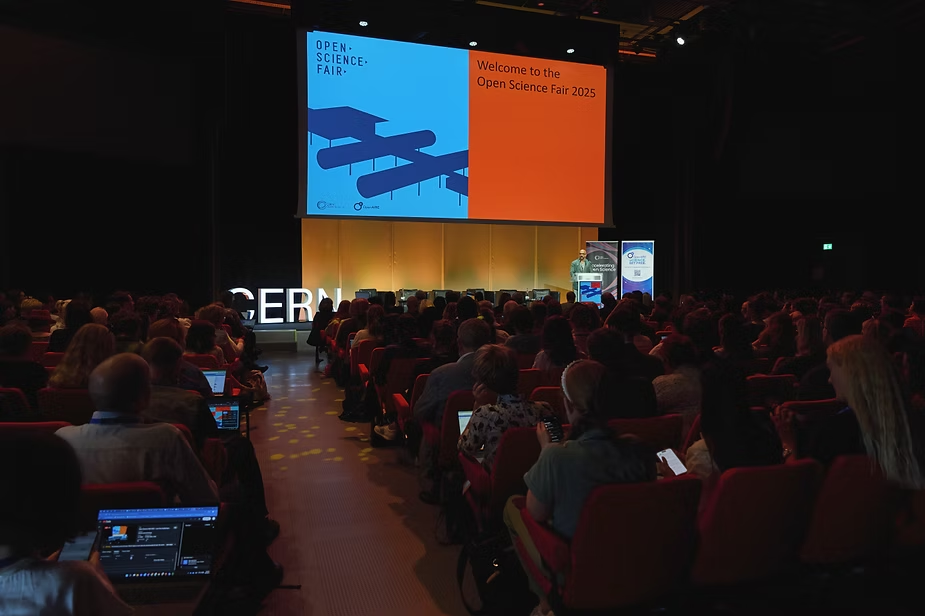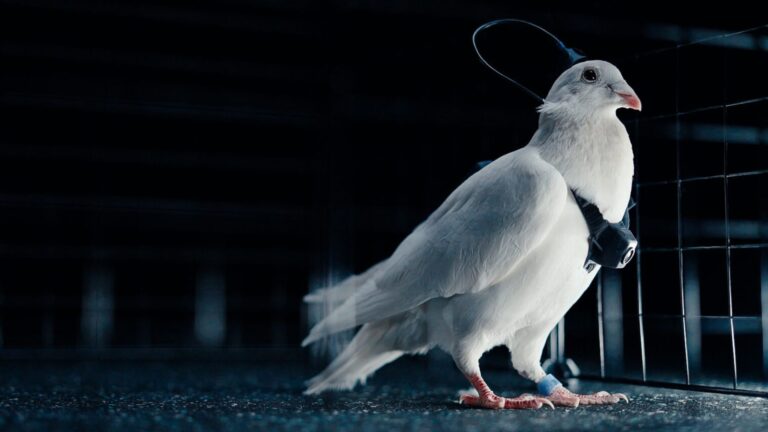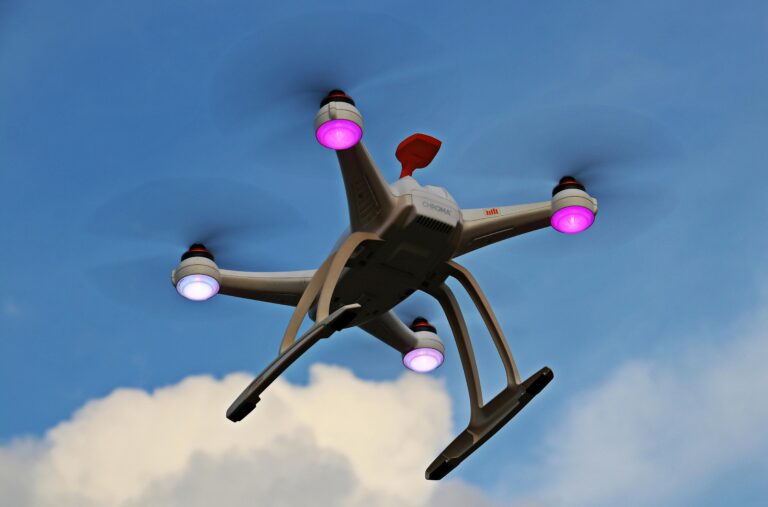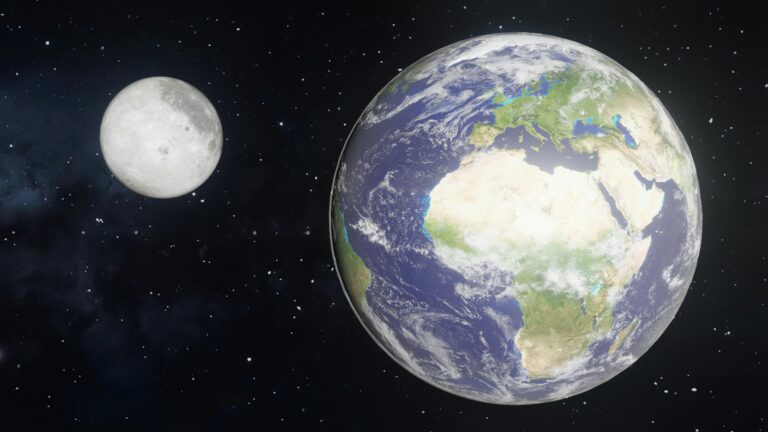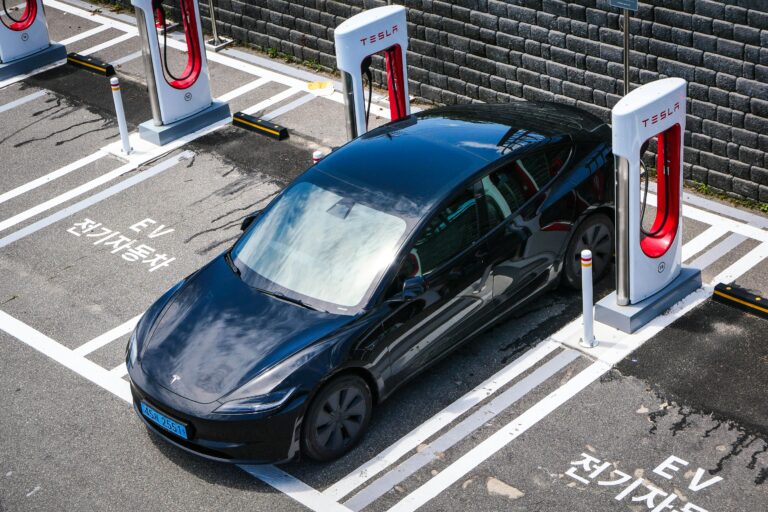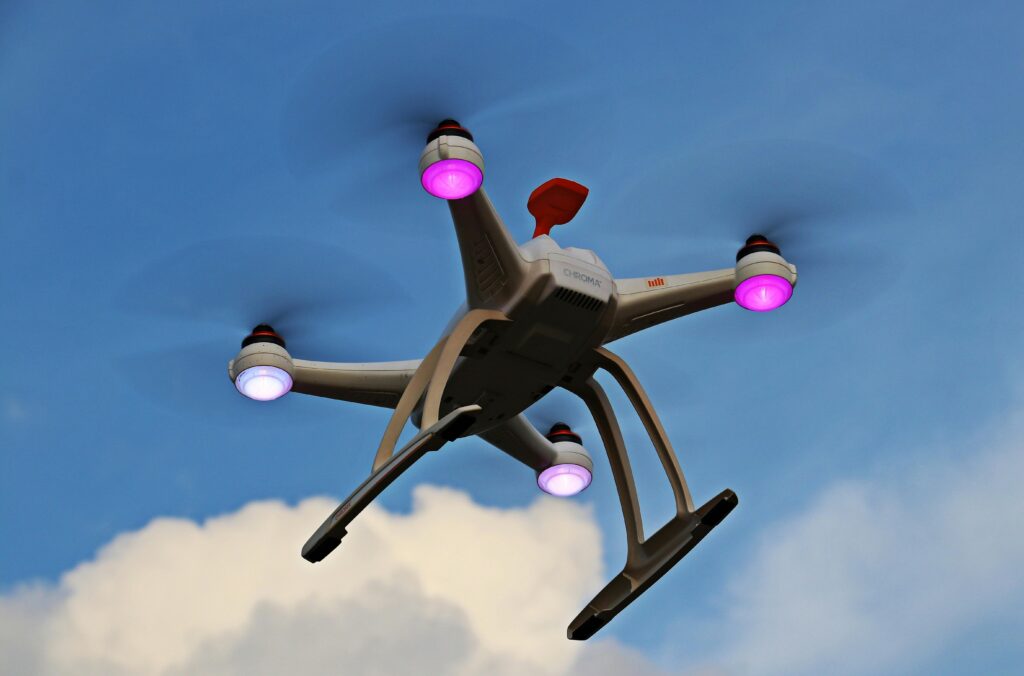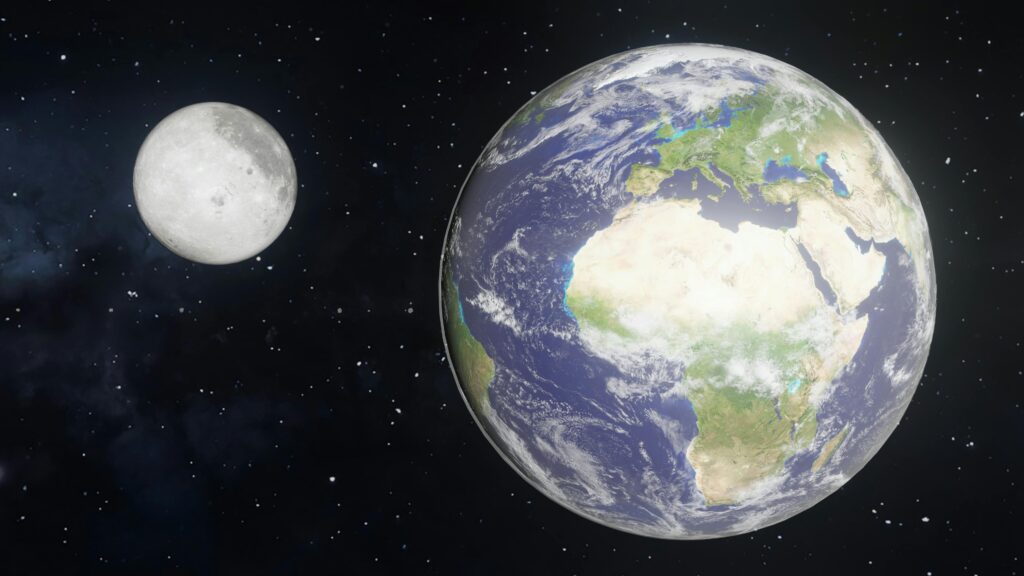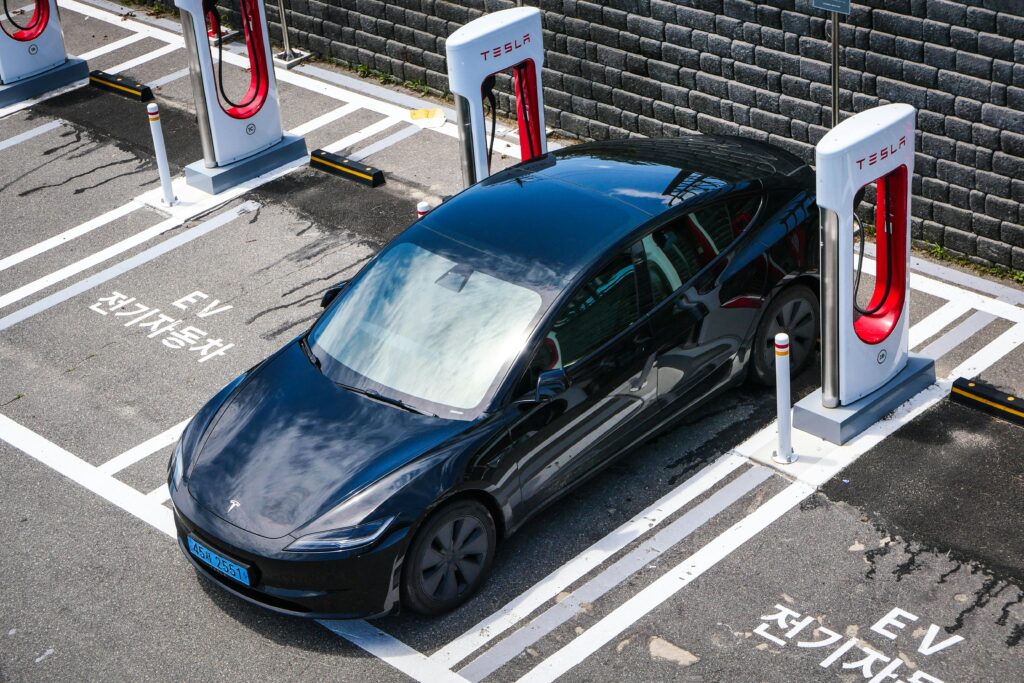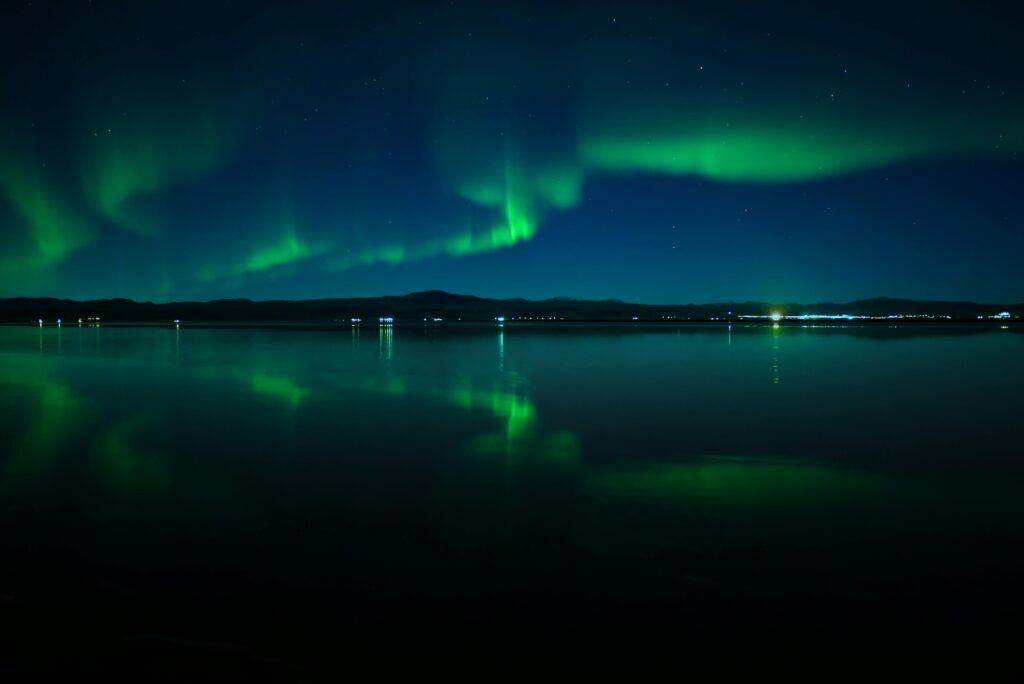At the heart of Europe’s largest physics laboratory, the spirit of collaboration was alive once again. From 15 to 17 September, more than 350 participants representing 43 countries gathered at CERN for the Open Science Fair (OSFair 2025) — a global meeting dedicated to shaping the future of open, inclusive and transparent research. Co-hosted by CERN’s Open Science Office and OpenAIRE, the event became a vibrant hub where scientists, policymakers, publishers and innovators explored how openness can accelerate discovery and strengthen trust in science.
CERN’s legacy in open science runs deep. When the organization released the World Wide Web software into the public domain three decades ago, it changed the course of human communication — making the world’s knowledge accessible at the click of a button. That moment wasn’t just a technological breakthrough; it embodied CERN’s founding principle of openness, as written into its 1954 Convention: that science should be shared freely for the benefit of all. Today, that same commitment continues to guide CERN and stands as a cornerstone of c policy.
To keep that vision alive, CERN established the Open Science Office in 2023, ensuring that openness remains central to every part of its research ecosystem — from data and software to education and policy. This year’s OSFair, held at the striking new CERN Science Gateway, reflected that mission in action. The biennial event brought together a global community of open science practitioners united by a shared belief: that collaboration, not competition, drives true scientific progress.
READ ALSO: https://www.modernmechanics24.com/post/arctic-ocean-climate-switch-56-million-years-ago
Over three days, the conference sessions and workshops tackled some of the most pressing questions shaping the future of open science. Participants delved into five major themes — impact measurement and monitoring, research security, digital infrastructures, skills and community, and research assessment — exploring how openness can transform the way knowledge is created, shared and valued. The mix of perspectives, from researchers and librarians to funders and infrastructure experts, sparked lively exchanges on how to make open science sustainable and equitable for all.
“The increasing complexity of global challenges demands collective, international solutions,” said Kamran Naim, Head of Open Science at CERN. “Openness in research must be continually nurtured through collaboration, creativity and sustained dedication. This year’s fair developed ideas to strengthen open science — both as a core value and as a working model for research that serves society.”
WATCH ALSO: https://www.modernmechanics24.com/post/rafael-launches-new-loitering-weapon-system
By the end of the fair, one message was clear: open science is not just a concept, but a movement — one that connects people, empowers innovation and builds trust across borders. As participants departed Geneva, they carried with them a renewed commitment to turning that vision into action, ensuring that scientific discovery remains a shared resource for the world.
